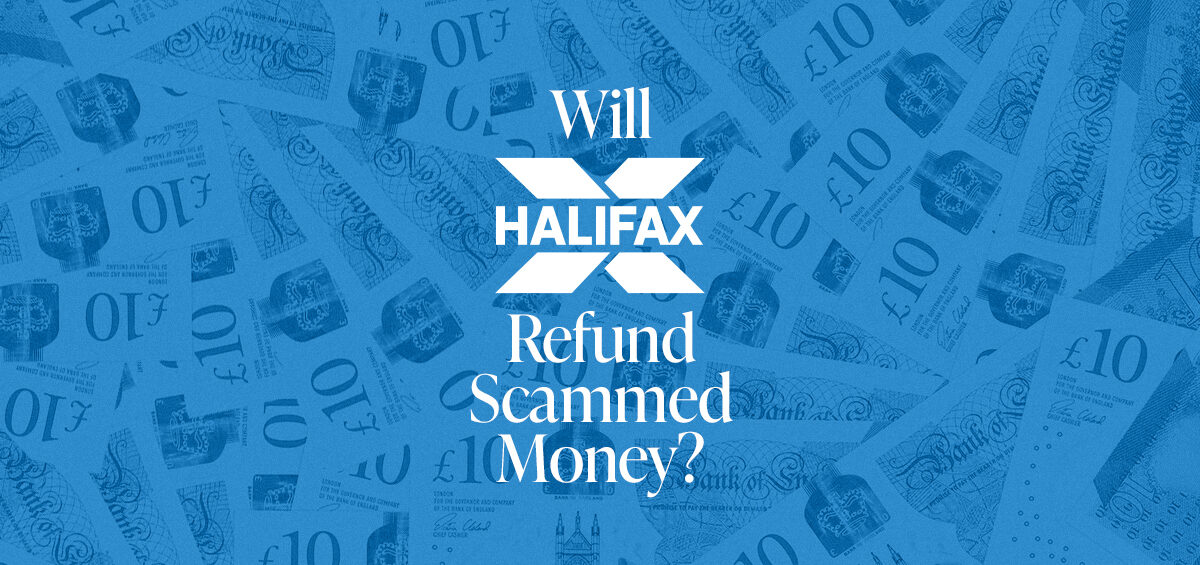If you are a customer of Halifax and you have fallen victim to fraud, you may be wondering whether Halifax refunds scammed money. Thankfully, we have you covered.
In this blog post, we will explain what qualifies as a scam, Halifax’s refund policy, and what you can do if Halifax fails to safeguard your money. If you’re unsure where to turn, read on for practical advice and how CEL Solicitors can help you recover your funds.
What is a Scam?
A scam is a deceptive scheme designed to trick individuals into giving away money, personal details, or access to their accounts. Scammers use a variety of tactics to gain your trust and manipulate you into taking action, often targeting victims through emails, phone calls, text messages, or fake websites.
Signs You’ve Been Scammed:
- Unexpected Transactions: Money leaving your account that you don’t recognise.
- Urgent Requests: Being pressured to transfer money quickly or share personal information.
- Impersonation: Someone claiming to be from a trusted organisation like your bank, HMRC, or even the police.
- Unrealistic Offers: Promises of high returns, gifts, or significant prizes with little effort.
How Does Halifax Advise Customers to Stay Safe From Scams?
Halifax provides a range of advice to help customers stay safe from scams. Here are the key measures they recommend:
Protect Your Passwords
Use strong, unique passwords for your banking and online accounts. Avoid sharing passwords with anyone, and never use easily guessed details like your date of birth.
Protect Your Devices
Keep your devices secure by installing antivirus software and keeping software updates current. Avoid clicking on suspicious links in emails or messages.
Protect Your Identity
Be cautious when sharing personal information online, over the phone, or via text. Fraudsters can use even small details to impersonate you or gain access to your accounts.
Will Halifax Refund My Money When I’ve Been Scammed?
Halifax may refund your money if you’ve been scammed, but certain criteria must be met.
Halifax is part of the Contingent Reimbursement Model (CRM) Code, which is designed to make sure victims are treated fairly in instances of scams. According to Halifax, “If you follow our advice, we will be more likely to consider a refund if you fall victim to a scammer.”
Halifax’s Criteria for a Refund:
Prompt Reporting: You must report the scam as soon as possible after discovering it.
Follow Advice: Halifax is more likely to issue a refund if you’ve followed their security guidelines, such as not sharing your passwords or ignoring scam warnings.
No Negligence: If you are found to have acted recklessly—such as sharing sensitive details—you may not be eligible for a refund.
Did Halifax Fail to Protect You From Scams?
While Halifax implements various measures to protect customers from scams, there are instances where their safeguards may fail. For example:
Lack of Warnings: If Halifax did not provide sufficient warnings before a transaction that later turned out to be fraudulent.
Delayed Action: If you reported the scam quickly but Halifax failed to act or investigate promptly.
Security Failures: If Halifax’s systems did not detect suspicious transactions or failed to protect your account.
How CEL Solicitors Can Help
Case Assessment: We’ll review your case and determine whether Halifax failed in its duty to protect you.
Expert Representation: Our experienced team will handle the claims process, negotiating with Halifax on your behalf.
No Win, No Fee: We operate on a no-win, no-fee basis, meaning you won’t pay anything unless we successfully recover your money.
We’ve helped countless victims recover funds from banks, even in cases where the initial refund request was denied. If you’ve been scammed and need help recovering your money, contact CEL Solicitors today. Fill out our online form or give us a call at 0330 822 3752 to speak to one of our friendly advisors. Don’t let fraudsters win—let us help you reclaim what’s rightfully yours.













